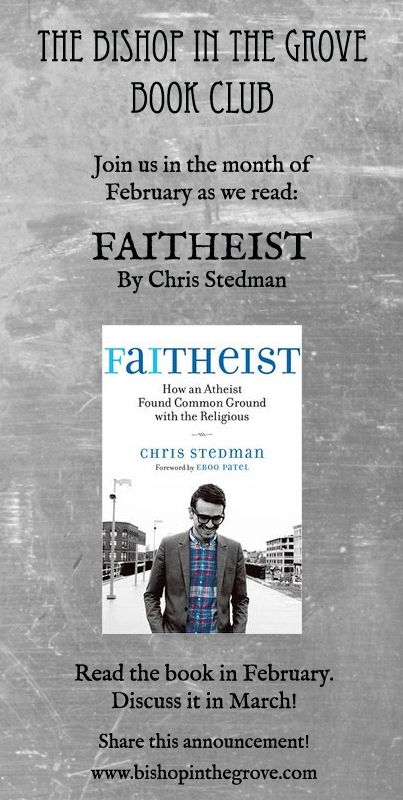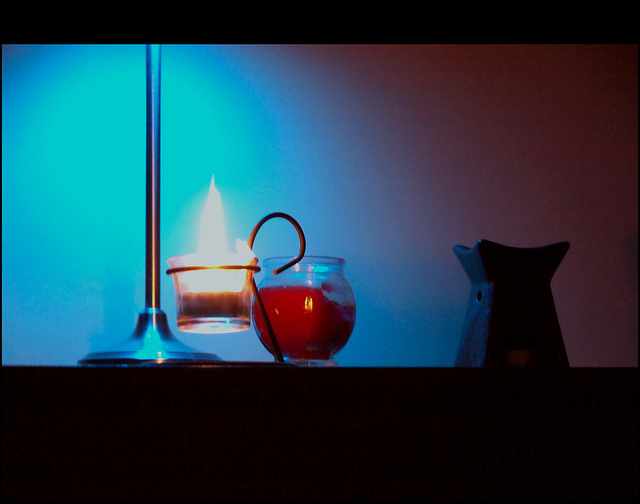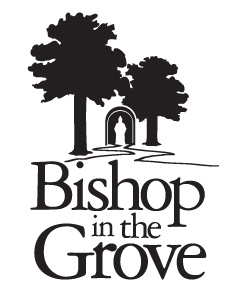Tag: Imbolc
-

A Blessed Imbolc, and a New Book Club!
Blessed Imbolc to all! In case you missed it, I published an Imbolc post on HuffPost Religion called A Faith Made of Fire. Check it out, and feel free to leave a comment there if you feel so inspired. After a wonderful round of comments on my last post, I’m happy to announce that we’re moving forward with […]
-

Keeping Vigil to the Fire, Again
In a week I will publish the next Solitary Druid Fellowship liturgy. This morning, I spent some time going over the previous one, seeing where small adjustments might be made and looking for places where supplemental material would be useful. It’s been interesting to take on this position, which is a little like leadership, but […]
-

I Keep Vigil to the Fire: Imbolc Poetry for a Goddess
Today, pious Pagans around the globe are posting poetry online in honor of the Goddess, Brighid (otherwise known as Brigid, Brigit, or simply, “exalted one”). I join them here on Bishop In The Grove. Imbolc, as I wrote about yesterday, may have milky origins, but the day and the season speak to something much deeper […]
-
The Lactating Ewes of Imbolc
I don’t know much about cows. Or sheep. I know that cows tip (not from personal experience, though). I know that sheep are cute, and I love their hair. I was just working with some last night. I also, on occasion, like to eat a bit of both. I’m a city boy, born and bred. I […]
-
Slow down, Teo. Slow down.
Illness struck hard. My temperature rose to 102 degrees with little warning, and my corners and edges began to ache. Sweat to chill and back to sweat again; this would be my pattern for days.
-
Prose or Poetry?
A question for all my fellow ADF’ers: What if I prepared my Dedicant Path submissions on the High Days as poems instead of the traditional prose/academic model? I could still site references (which could be kinda cool, actually – my poems would have footnotes!), and it would allow me to engage with the assigned writing […]
-
My Heart Is Your Hearth: Imbolc 2011
Imbolc is a High Day where we acknowledge and honor Brighid, yes. But, I think it is also an opportunity to acknowledge and honor all of the qualities which She represents in us.


